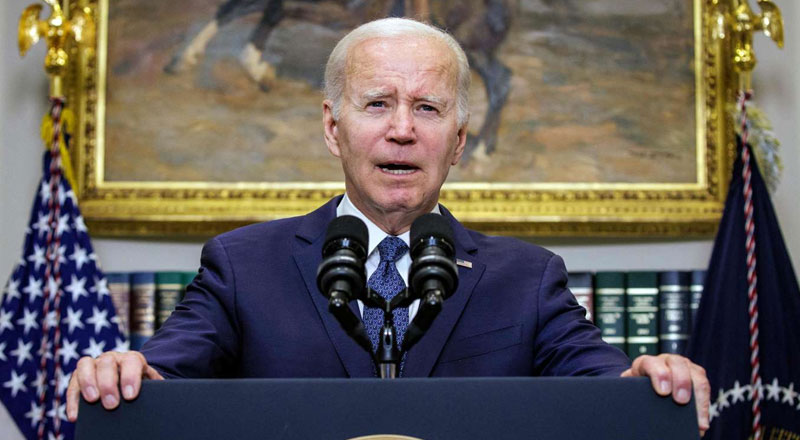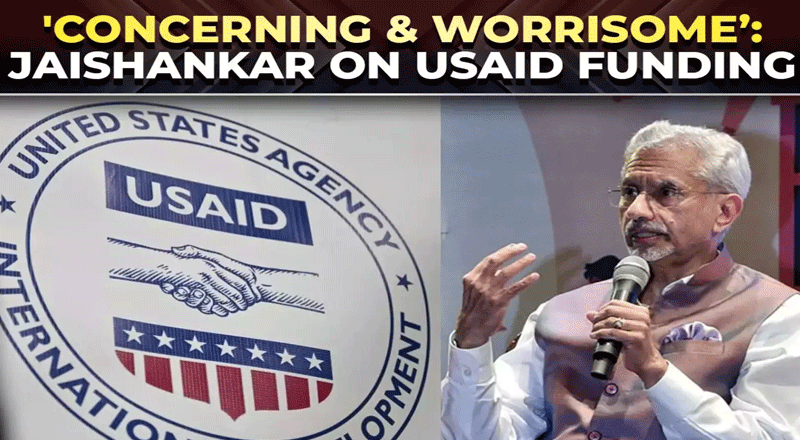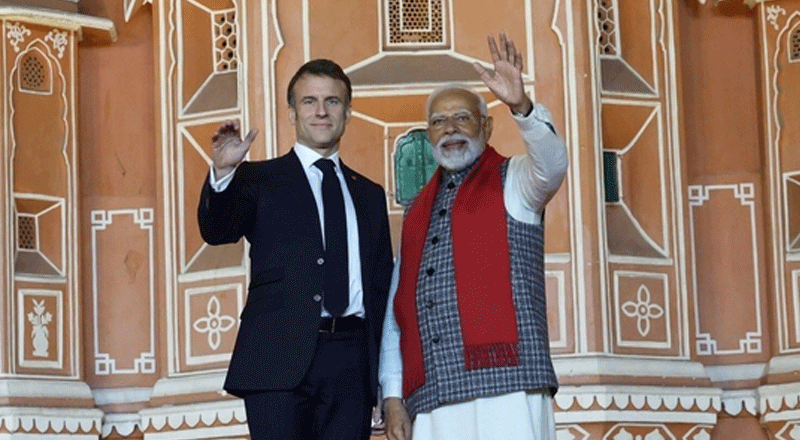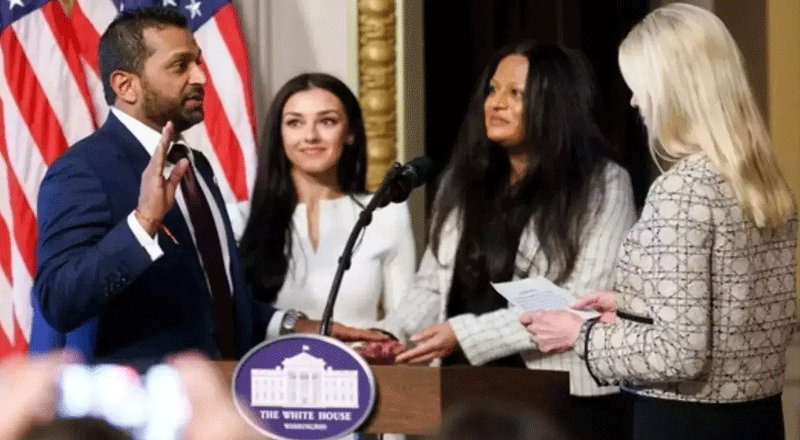- Biden and McCarthy said that a final two-party deal to raise the US debt ceiling – and avoid a cataclysmic default.
- In a statement, the speaker and other Republican congressional leaders touted the agreement as a “historic series of wins.”
- Congressional opposition to the bill comes from an unlikely union of hard-right Republicans who wanted deeper spending cuts and progressive Democrats who wanted no reductions at all.
- The countdown to the “X-date” means the legislation will have to clear Congress much more quickly than the normal timetable for even the most uncontroversial bills.
- Biden had initially refused to negotiate over spending issues as a condition for raising the debt ceiling, accusing the Republicans of taking the economy, hostage.
- McCarthy is hoping to bring the narrow House majority of 222 Republicans with him, but the opposition will come from 35 far-right lawmakers who told him to “hold the line” for more sweeping spending cuts.
Biden and McCarthy said that a final two-party deal to raise the US debt ceiling and avoid a cataclysmic default – now heads to Congress, which will need to pass the agreement before the government starts running out of money. The accord now goes to Congress, which must approve it before the government runs out of money.
Even while time is still running out before the “X-date” of 5 June, when the Treasury predicts there may not be enough money to cover bills and debts, the compromise reached after weeks of protracted negotiations provides a way back from the edge.
The White House said Biden and McCarthy spoke earlier in the day as they struggled to avert a financial precipice that threatened to throw millions of people out of jobs and risk a global meltdown. McCarthy, for his part, voiced optimism that the bipartisan deal could get through Congress despite skepticism from some lawmakers on both sides of the aisle. In a statement, the speaker and other Republican congressional leaders touted the agreement as a “historic series of wins.”
Congressional opposition to the bill comes from an unlikely union of hard-right Republicans who wanted deeper spending cuts and progressive Democrats who wanted no reductions at all. McCarthy’s wafer-thin majority in the House means passing the bill will require significant Democratic backing to balance out Republican dissent.
Biden had initially refused to negotiate over spending issues as a condition for raising the debt ceiling, accusing the Republicans of taking the economy, hostage. And the big cuts that Republicans wanted are not there, although nondefense spending will remain effectively flat next year, and only rise nominally in 2025.
The countdown to the “X-date” means the legislation will have to clear Congress much more quickly than the normal timetable for even the most uncontroversial bills. McCarthy is hoping to bring the narrow House majority of 222 Republicans with him, but the opposition will come from 35 far-right lawmakers who told him to “hold the line” for more sweeping spending cuts. That means a large number of Democrats will have to be persuaded to vote with a reduced number of Republicans – something that rarely happens on big bills.
With inputs from agencies





